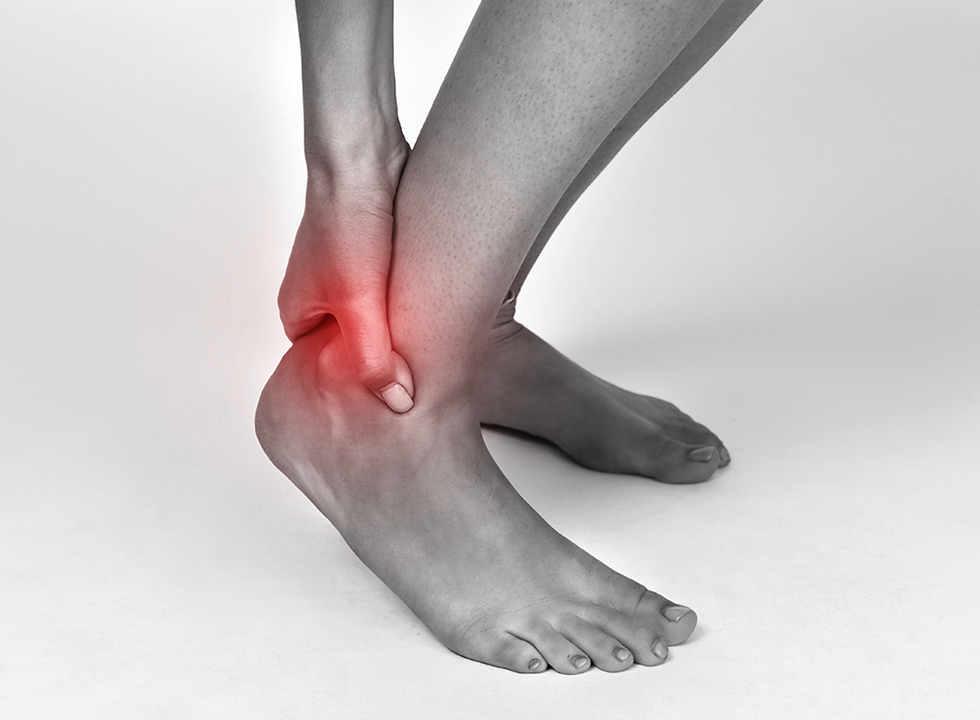Rotator Cuff Injuries: How to turn the tables in your recovery process
- Christopher nour

- Nov 21, 2023
- 2 min read
Rotator Cuff Injuries: Understanding the Condition and the Role of Physiotherapy
The rotator cuff is a group of four muscles and tendons that provide stability and support to the shoulder joint. Injuries to the rotator cuff can range from mild to severe and can be caused by a variety of factors, including overuse, injury, or degeneration due to age.

Symptoms of rotator cuff injuries may include:
Pain in the shoulder, especially when reaching overhead or lifting objects
Weakness in the shoulder or arm
Stiffness or decreased range of motion in the shoulder
A crunching or grinding sensation in the shoulder joint
If left untreated, rotator cuff injuries can lead to chronic pain and a decreased ability to perform daily activities.
Treatment for rotator cuff injuries typically involves a combination of rest, self-care, physiotherapy, and, in severe cases, surgery. Physiotherapy is an important component of the treatment for rotator cuff injuries and can help to:
Reduce pain and inflammation through the use of heat and cold therapy
Improve range of motion through gentle stretching and exercises
Strengthen the rotator cuff muscles and surrounding tissues to improve stability and reduce the risk of reinjury
Teach the patient proper posture and body mechanics to reduce the risk of reinjury
Our physiotherapists will work with the patient to develop an individualised treatment plan that takes into account the severity of the injury, the patient's overall health, and their goals for recovery.
The initial stages of physical therapy for rotator cuff injuries typically focus on reducing pain and inflammation, and improving range of motion. Our physiotherapists may use manual therapy techniques, such as massage and joint mobilisation, to help improve mobility and reduce pain. Our physiotherapists will also guide the patient through a series of gentle stretching and range of motion exercises to help improve flexibility.
As the patient's pain and range of motion improve, our physiotherapists will focus on strengthening the rotator cuff muscles and surrounding tissues. This is important to help provide stability to the shoulder joint and reduce the risk of reinjury. Our physiotherapists may also teach the patient exercises to perform at home to continue the progress made during therapy sessions.
In addition to physiotherapy, self-care is also important for the treatment of rotator cuff injuries. This may include:
Resting the affected shoulder as much as possible
Applying ice to reduce pain and swelling
Taking over-the-counter pain medications, such as ibuprofen or acetaminophen, as directed
Engaging in low-impact activities, such as swimming or cycling, to maintain overall fitness
It is important to note that the treatment for rotator cuff injuries can take several weeks to several months to complete, depending on the severity of the injury. However, with the right treatment and support, most people are able to reduce their pain and improve their shoulder function.
Rotator cuff injuries can cause significant pain and limitations in daily activities, but with the right treatment and support, it is possible to reduce pain and improve function. Physiotherapy is a crucial component of the treatment for rotator cuff injuries and can help to reduce pain, improve range of motion, and strengthen the rotator cuff muscles and surrounding tissues. If you are experiencing symptoms of a rotator cuff injury, it is important to seek medical attention to get an accurate diagnosis and develop an effective treatment plan. To get started on treatment, contact us to book in a session!



Comments